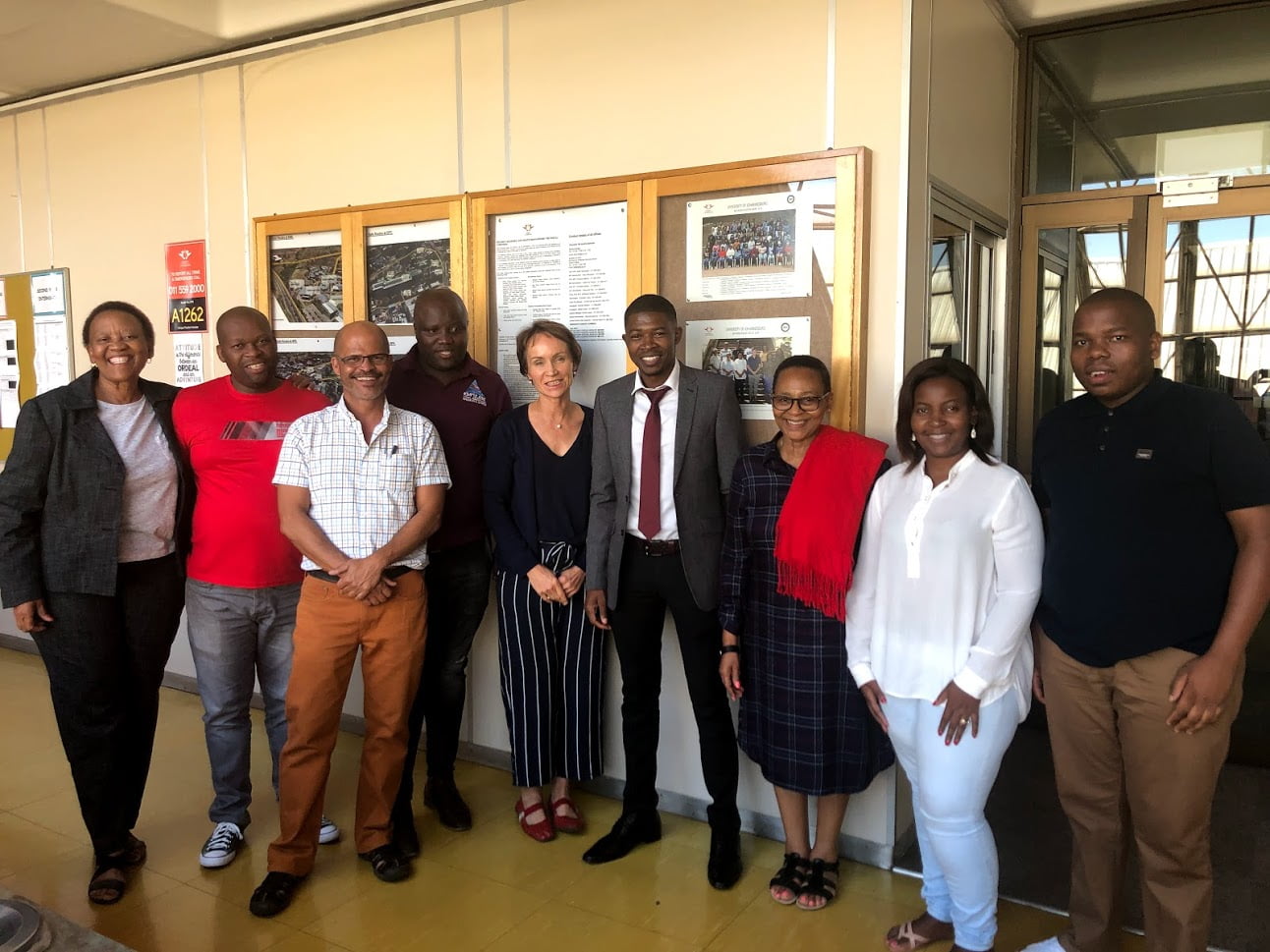Mobilising Assets to Bridge the Accountability Gap: Applying asset-based and citizen-led development for social accountability and inclusive governance in Emfuleni, South Africa

Regional focus: South Africa
Time: March 2020 – October 2021
Abstract
South Africa has a robust and progressive policy framework for participatory local democracy, including provisions for citizen participation in local governance including the Integrated Development Plans (IDPs). Yet the practice of local democracy has been characterised by protest, polarization and disengagement. In Emfuleni Local Municipality, local governments are experimenting with an assetbased and citizen-led development (ABCD) approach to mobilise diverse citizens for constructive engagement in the co-production of service delivery. Using an action-research methodology, this research frames citizen-led development as a key component of social accountability, contributing to more collaborative governance required to bridge the gap between policies and practices of participatory democracy. The research explores how ABCD can be leveraged at the ward-level to engage previously-excluded groups (women and youth) in the local governance and IDP processes. Results and findings inform the fields of participatory governance and ABCD, and municipal, provincial, and national IDP policies throughout the country.
Research questions
Main question
- How can ABCD approaches be leveraged in Emfuleni to effectively engage previously-excluded or underrepresented communities in local governance through the IDP and other participatory processes (e.g. ward committee system, informal or formal community-based efforts)?
Sub-questions
- What is the appropriate role of local government in promoting participation of vulnerable groups, such as women and youth, in local decision-making and planning processes?
- How does ABCD best align with existing mechanisms to promote inclusive participation and accountability? What are the strengths and weaknesses of these mechanisms, and how can ABCD approaches complement or address them?
- What are the factors that promote or discourage popular participation in local government decision-making and planning structures through an ABCD approach?
- Does an ABCD approach lead to the emergence of new forms of leadership in the IDP process?
- What are the tensions, challenges, and opportunities in leveraging ABCD to promote local participatory democracy?
- How does the experience of Emfuleni inform broader policy implementation to improve the quality of participation and inclusion in governance? What are important considerations in scaling up these approaches?
Research team
Hanna Nel, Professor, University of Johannesburg
Bettina Von Lieres, Assistant Professor, University of Toronto, Centre for Critical Development Studies
Conrad Jardine, Director, Public Participation, Gauteng Province Department of Cooperative Governance, Urban Planning and Traditional Affairs (CoGTA)
Sadi Motsuenyane, Master of Public Administration (Public and Development Management) University of Stellenbosch
Julien Landry, Senior Program Staff, Coady International Institute, St. Francis Xavier University
Brianne Peters, Senior Program Staff, Coady International Institute, St. Francis Xavier University
Emfuleni Municipality Team, Office of the Speaker: Tefo Molakeng and Tembinkosi Pulu

